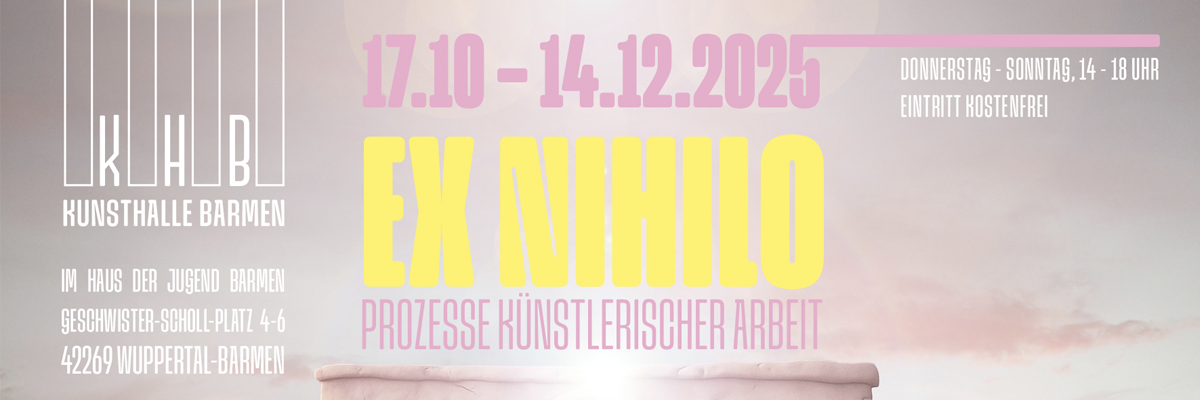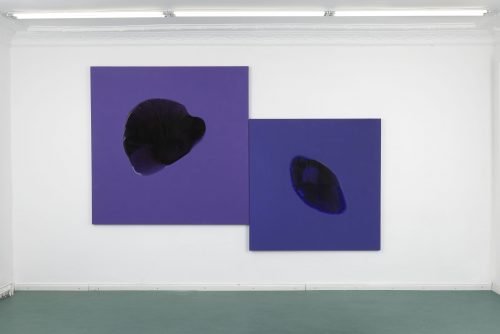
Naeun Kang
With Our Faces This Close
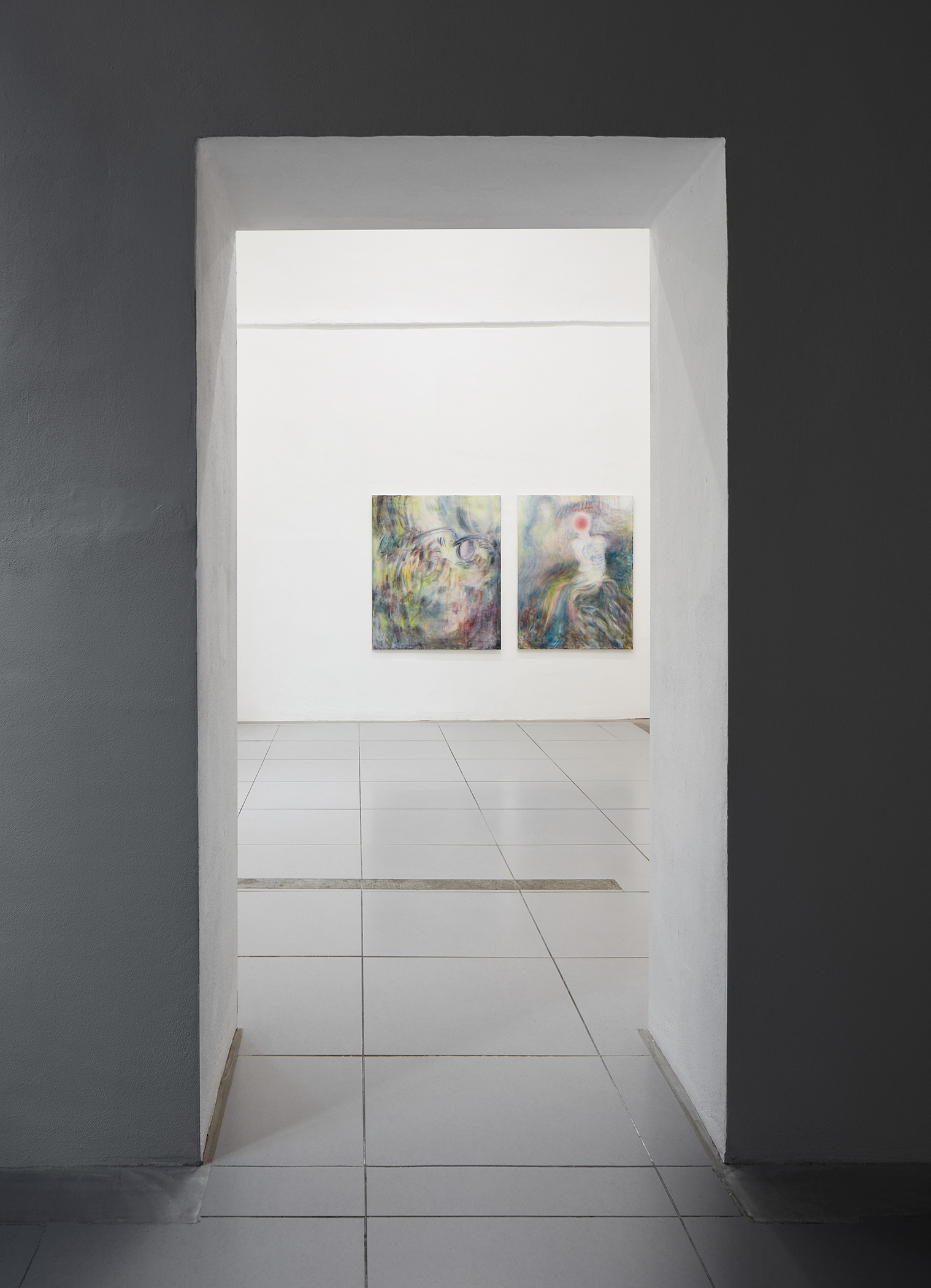
Naeun Kang, "With Our Faces This Close" installation view.
Advertisement
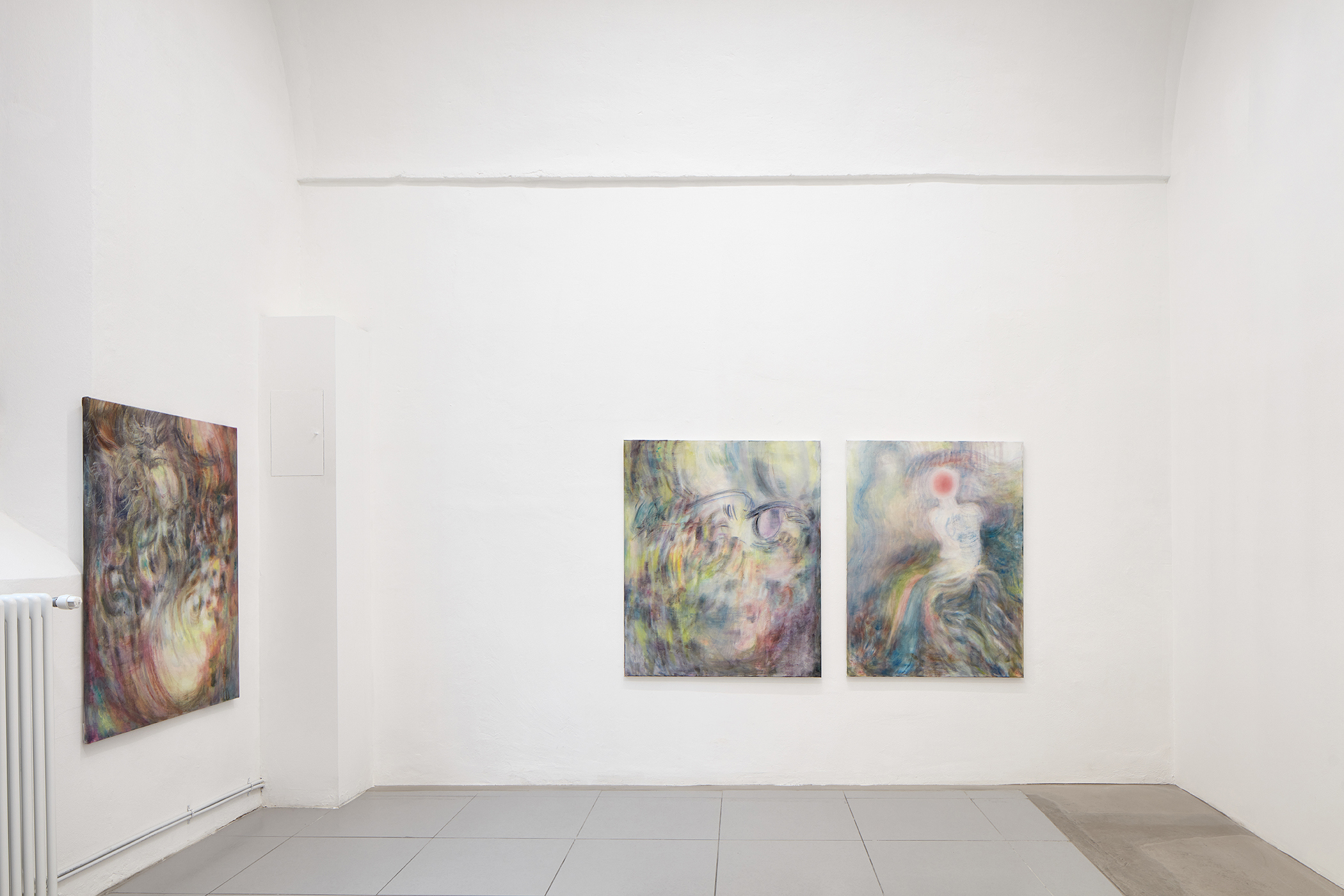
Naeun Kang, "With Our Faces This Close" installation view.
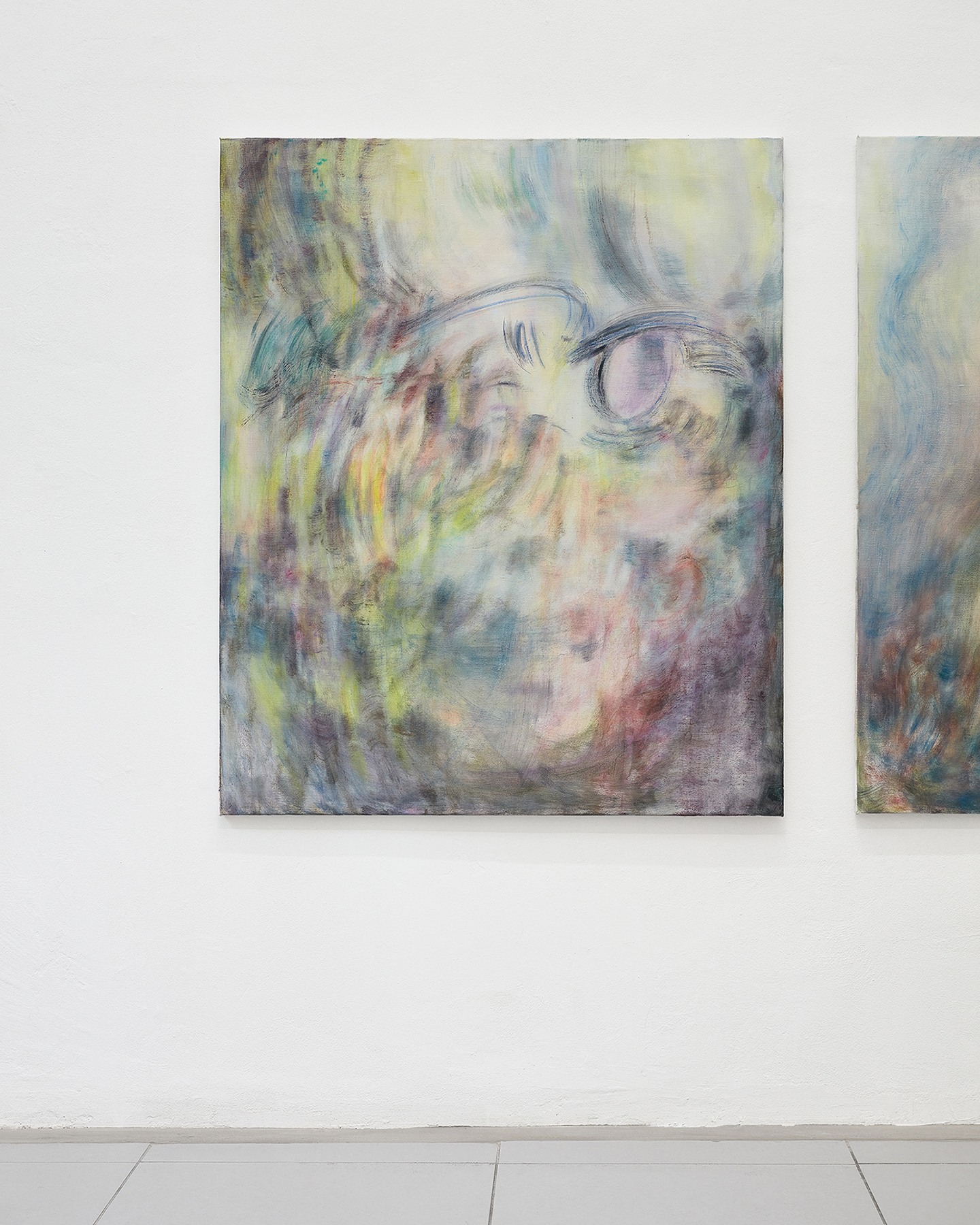
Naeun Kang, "With Your Face This Close (1)", 2024 (Oil on primed linen, 120 x 100 cm).
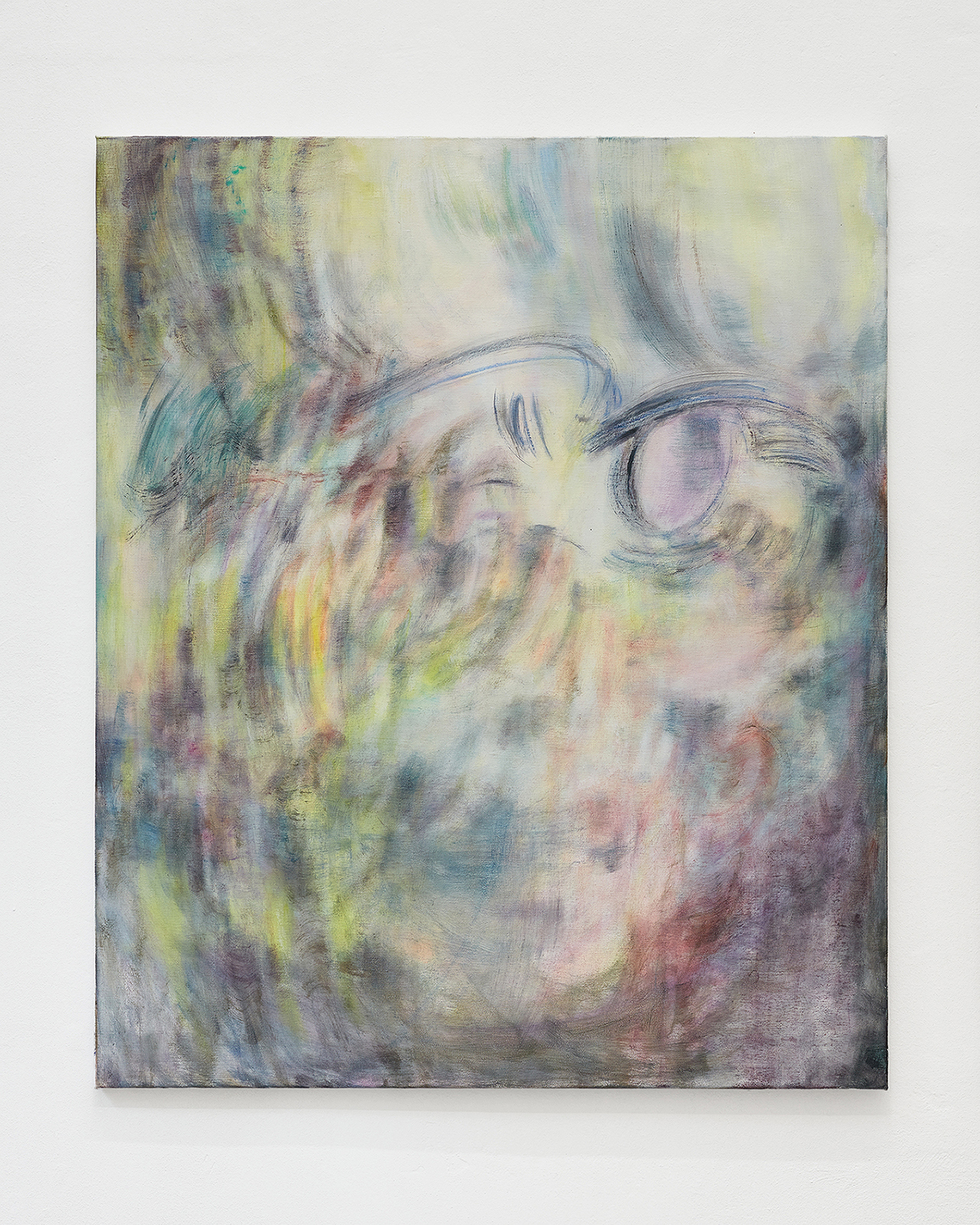
Naeun Kang, "With Your Face This Close (1)", 2024 (Oil on primed linen, 120 x 100 cm).
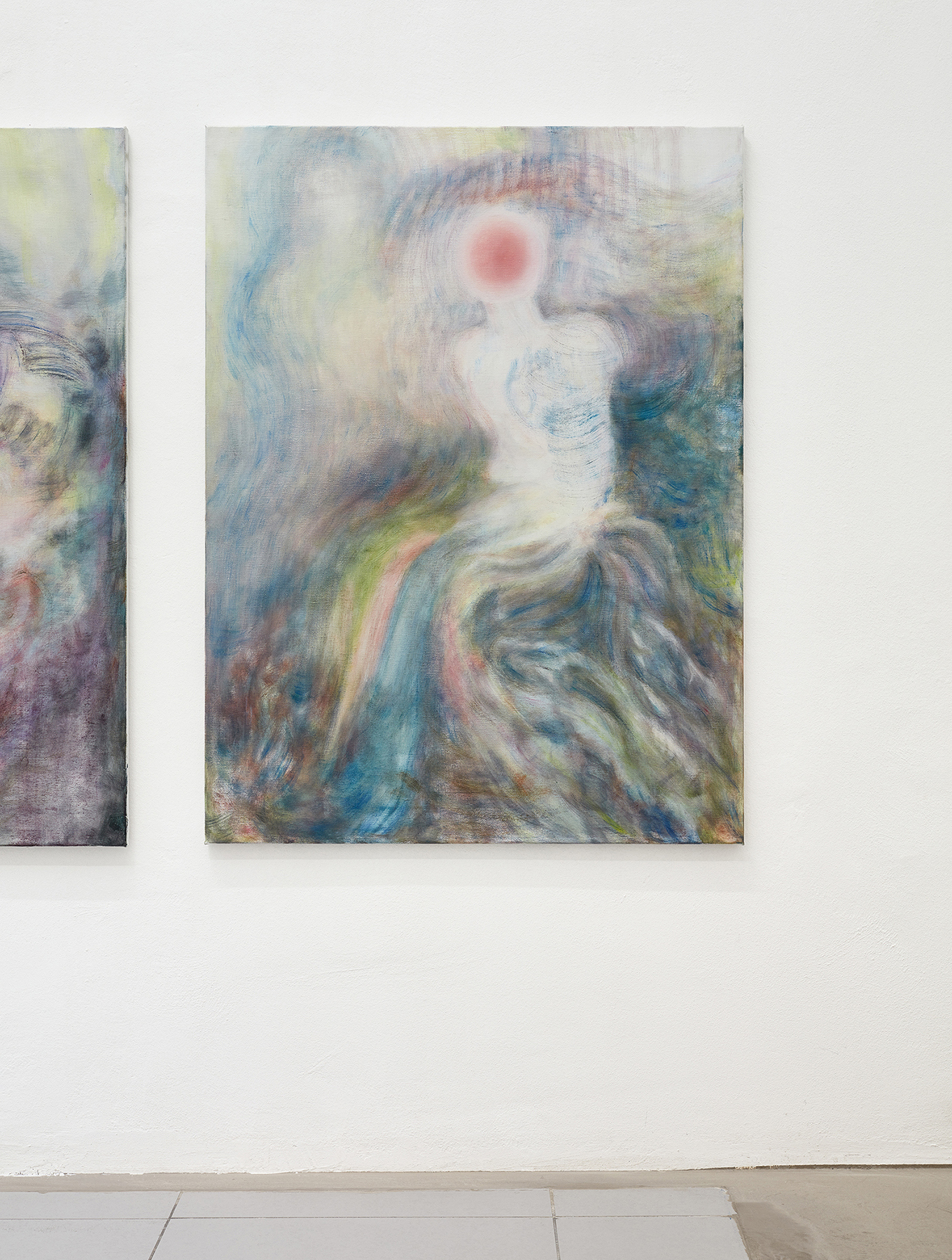
Naeun Kang, "Sea Goddess", 2024 (Oil on primed linen, 120 x 90 cm).
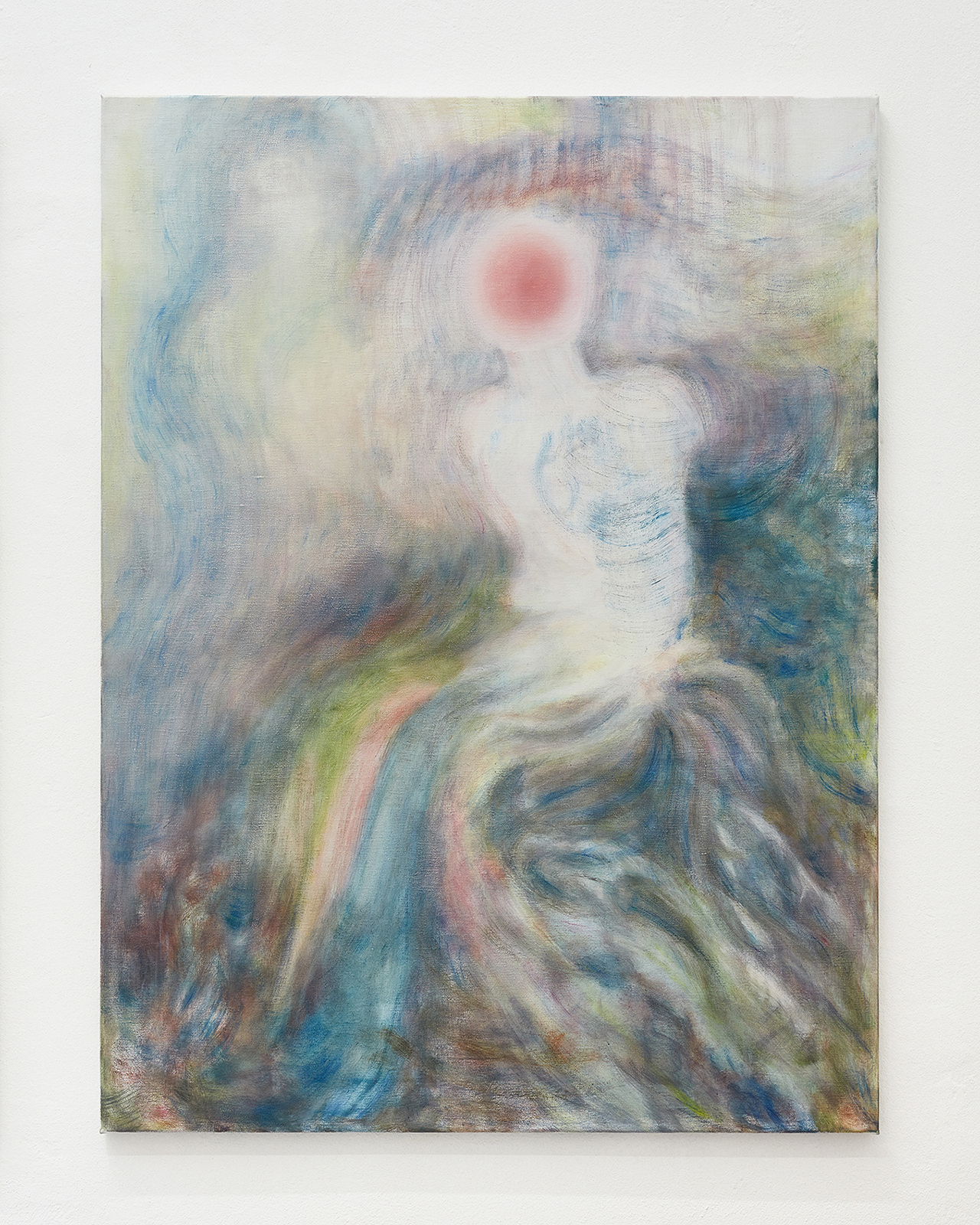
Naeun Kang, "Sea Goddess", 2024 (Oil on primed linen, 120 x 90 cm).
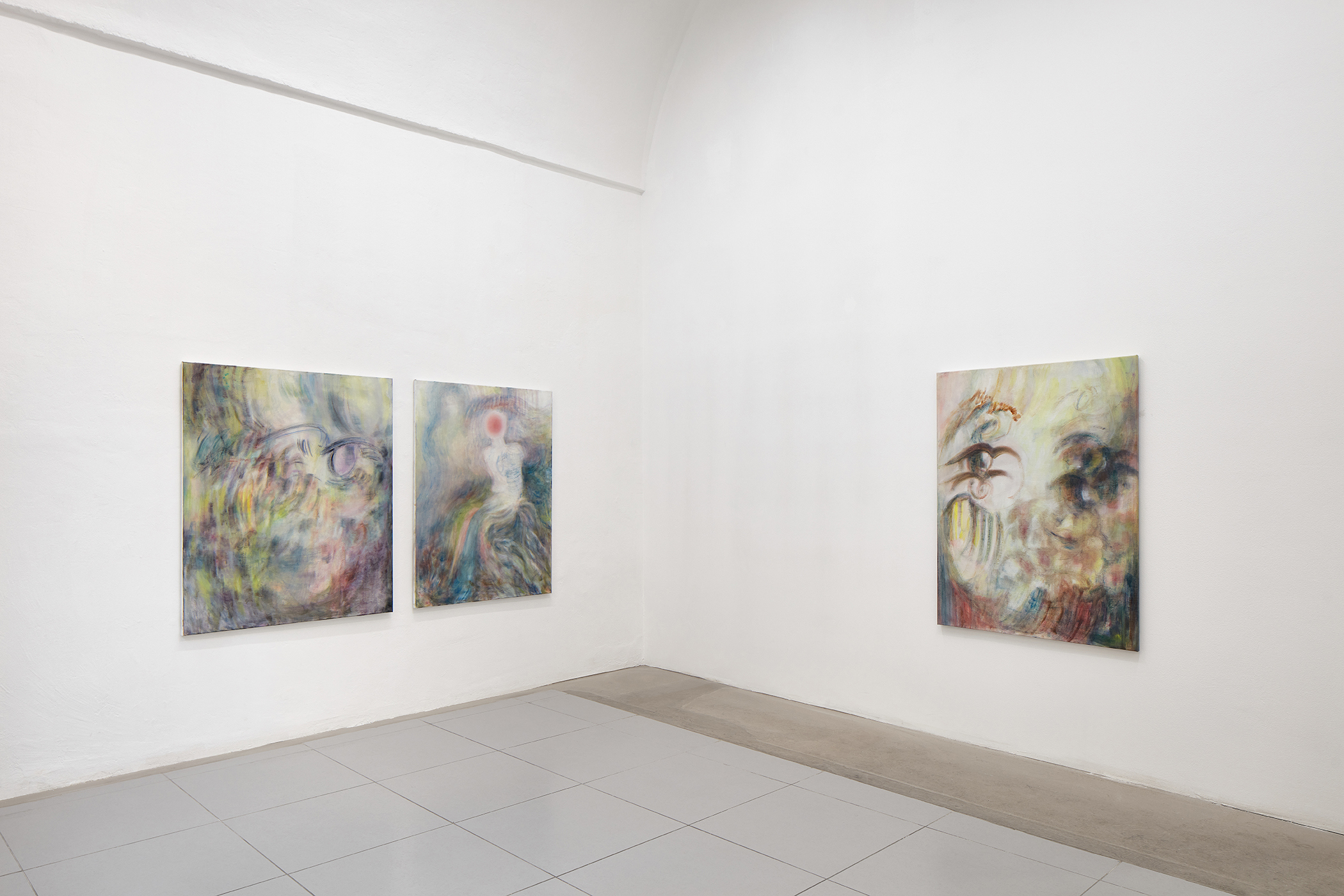
Naeun Kang, "With Our Faces This Close" installation view.
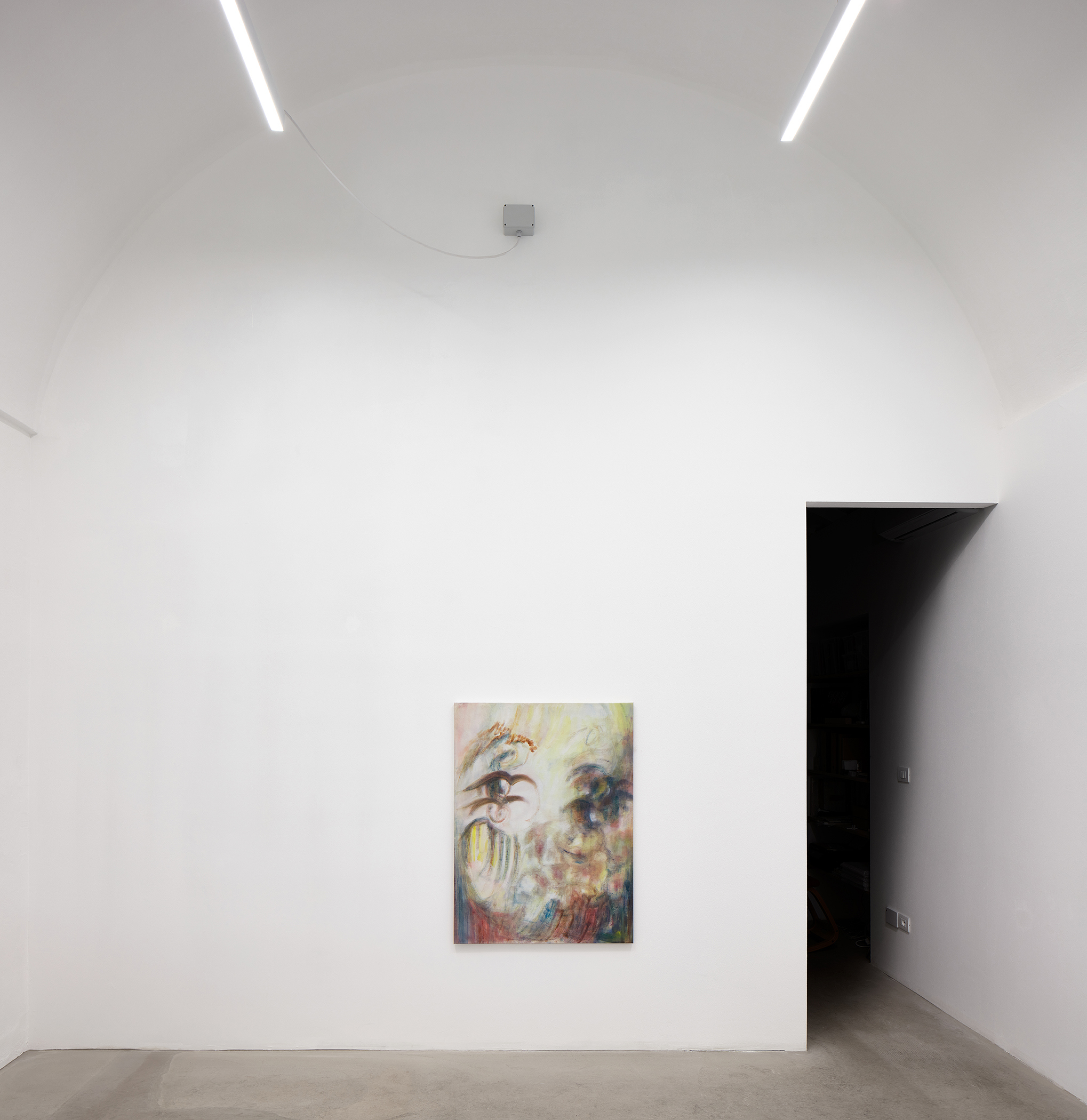
Naeun Kang, "With Your Face This Close (2)", 2024 (Oil on primed linen, 120 x 90 cm).
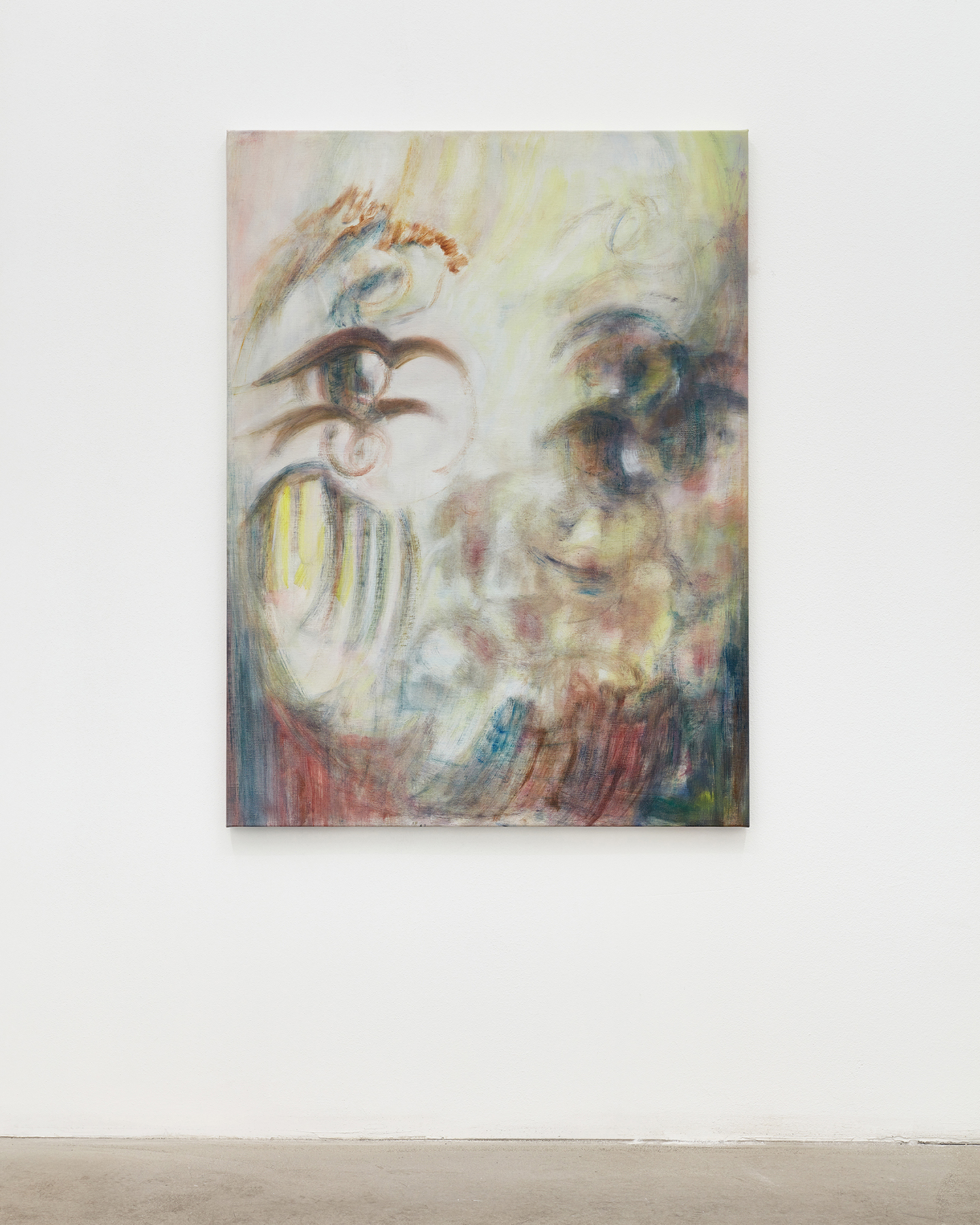
Naeun Kang, "With Your Face This Close (2)", 2024 (Oil on primed linen, 120 x 90 cm).
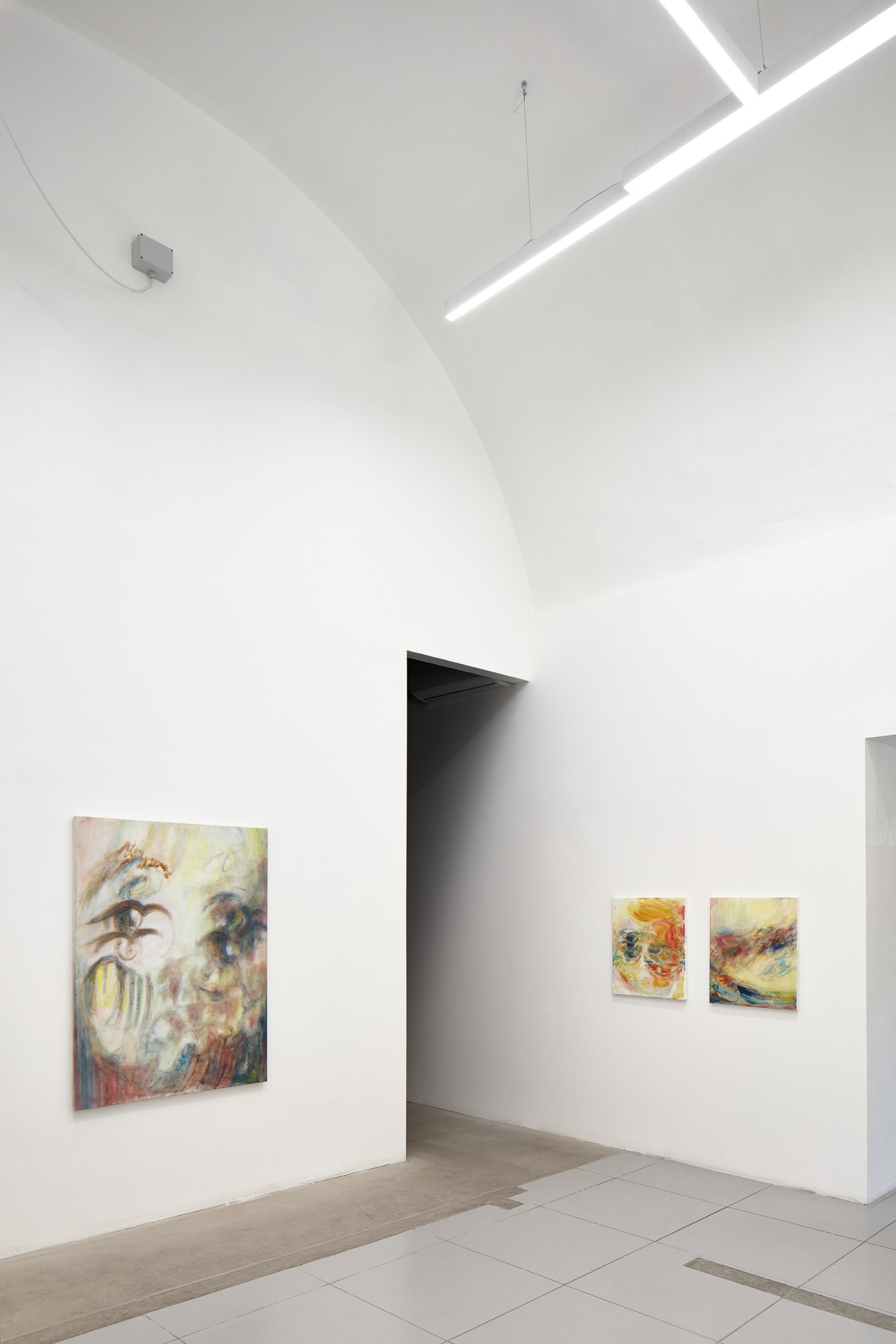
Naeun Kang, "With Our Faces This Close" installation view.
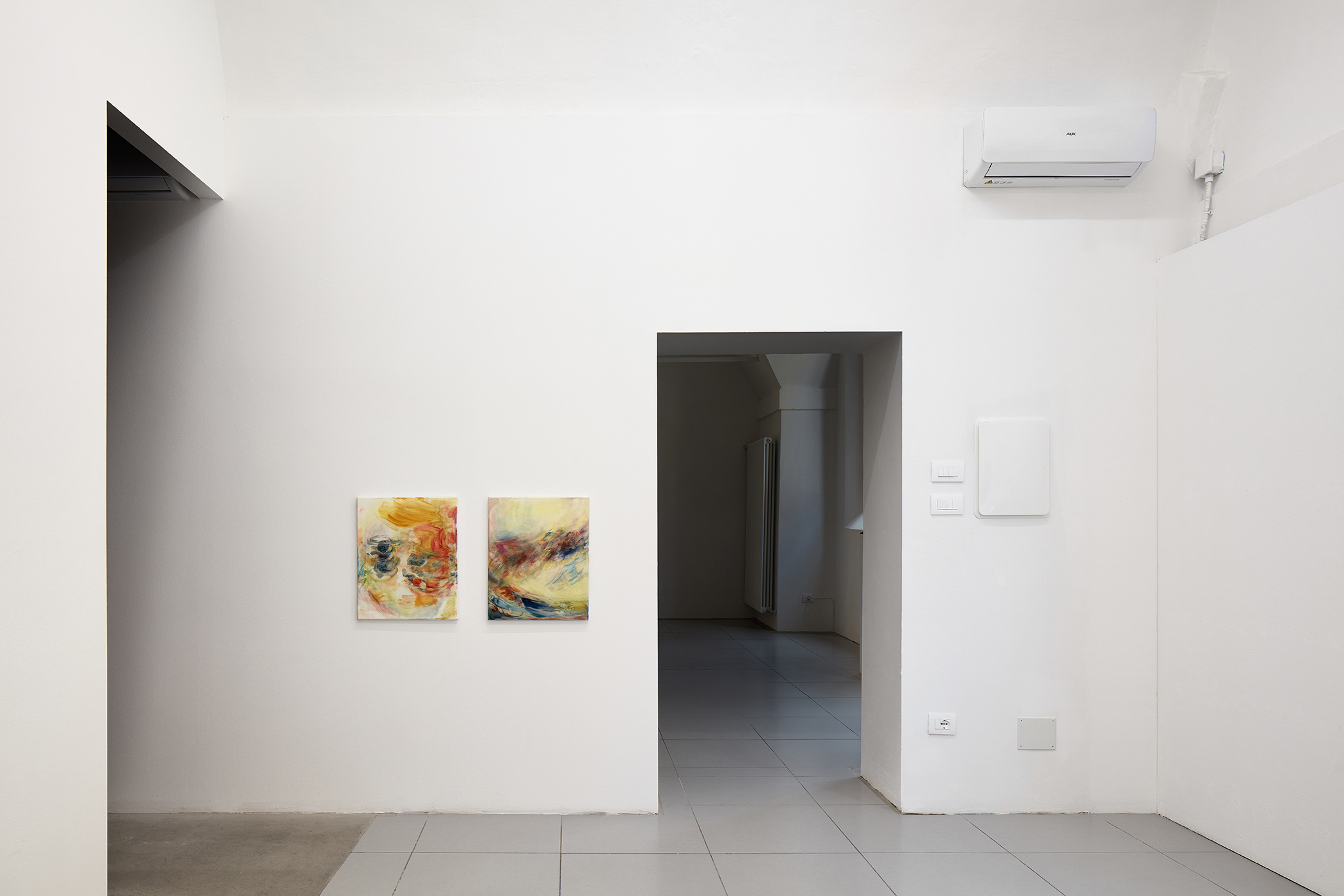
Naeun Kang, "With Our Faces This Close" installation view.
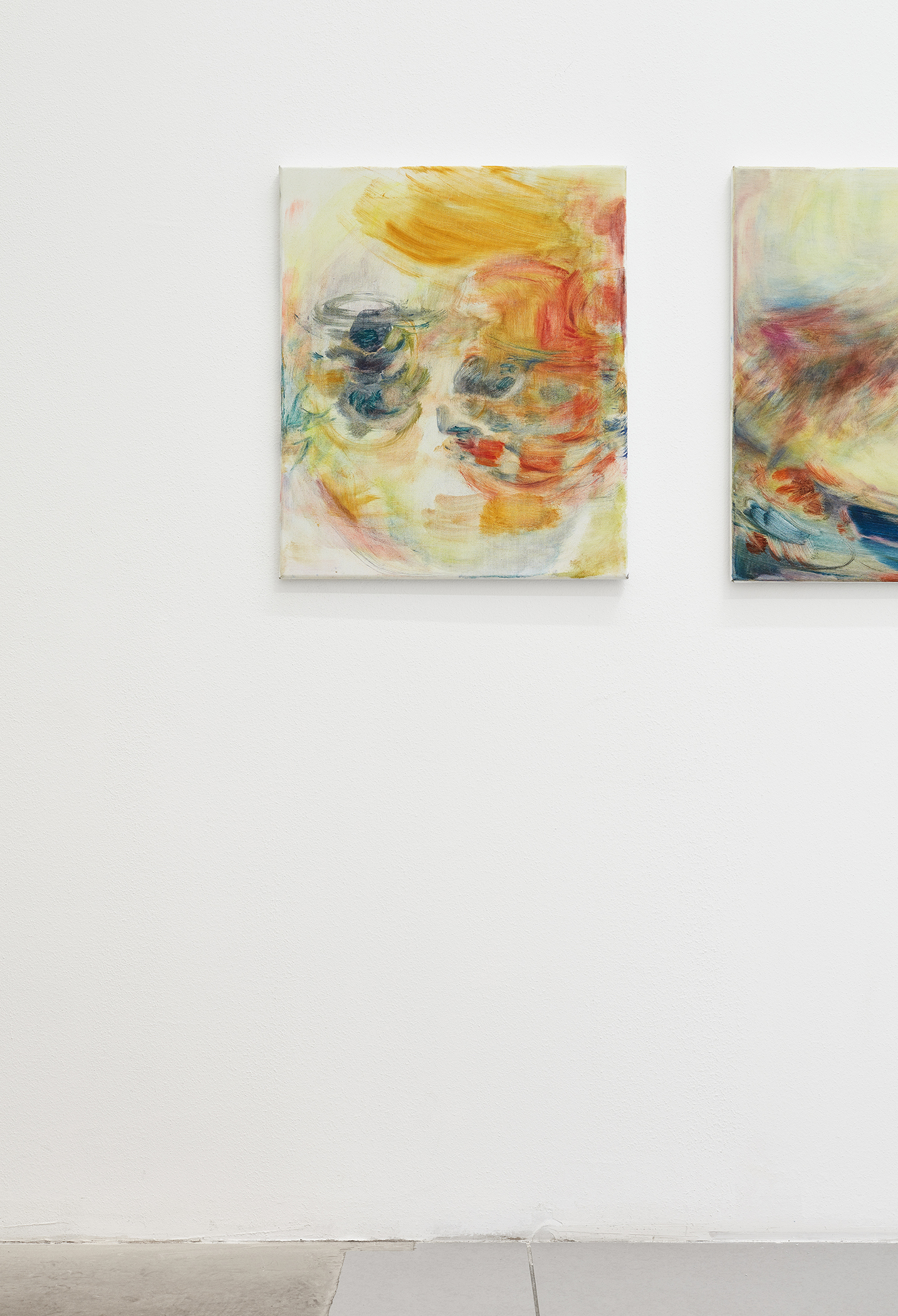
Naeun Kang, "In May Sun", 2024 (Oil on primed cotton, 55 x 46 cm).
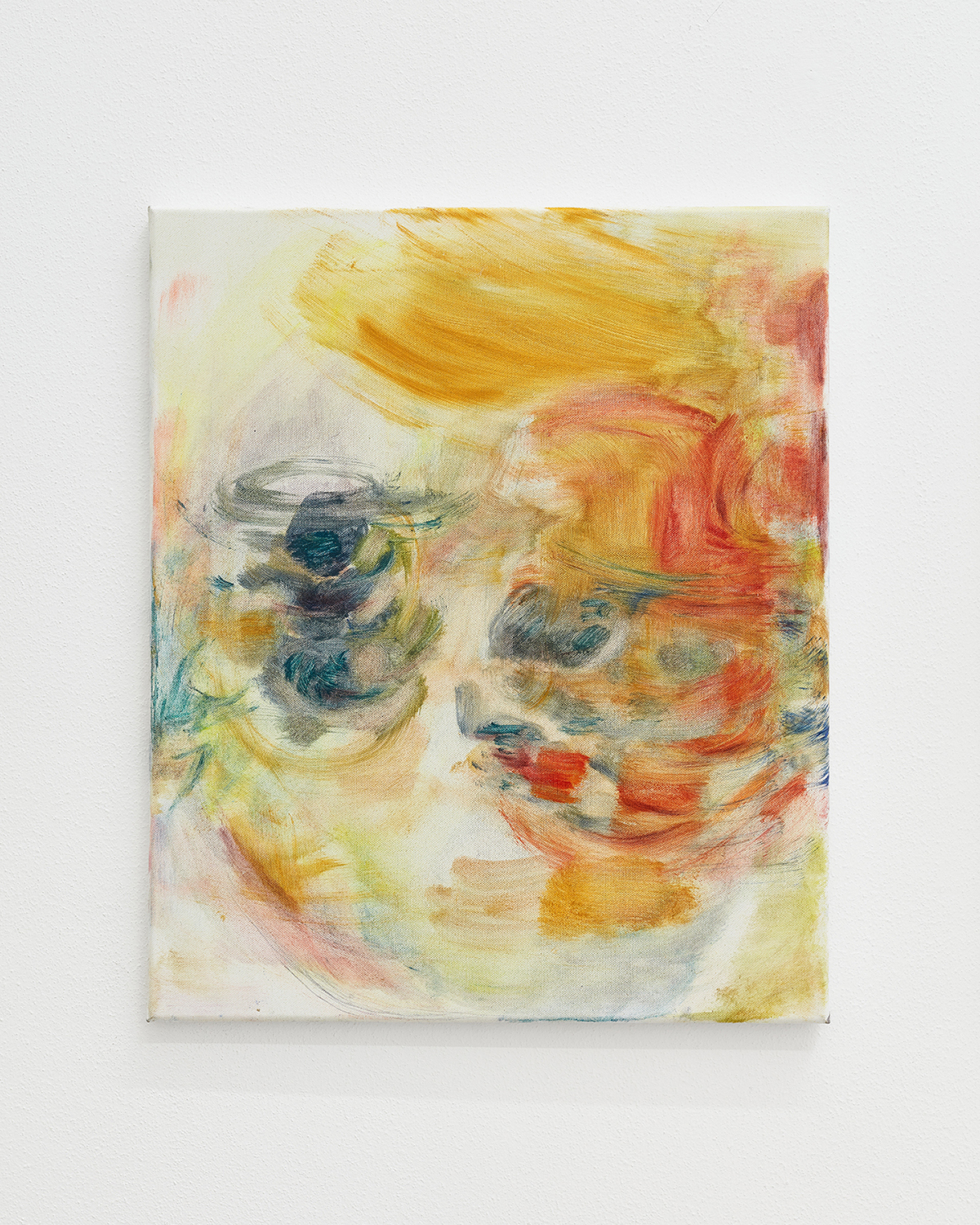
Naeun Kang, "In May Sun", 2024 (Oil on primed cotton, 55 x 46 cm).
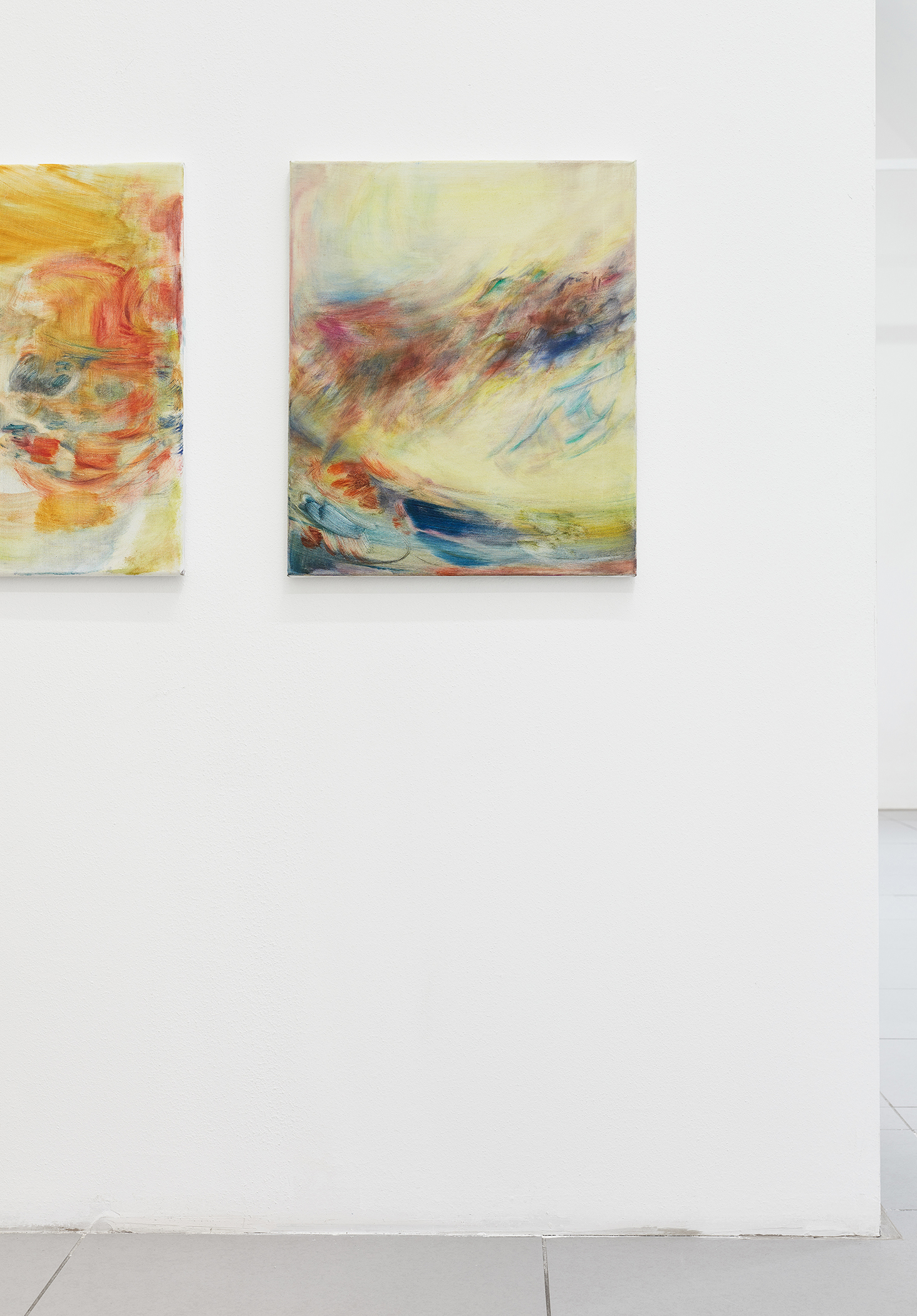
Naeun Kang, "In Moonlight", 2024 (Oil on primed cotton, 55 x 46 cm).
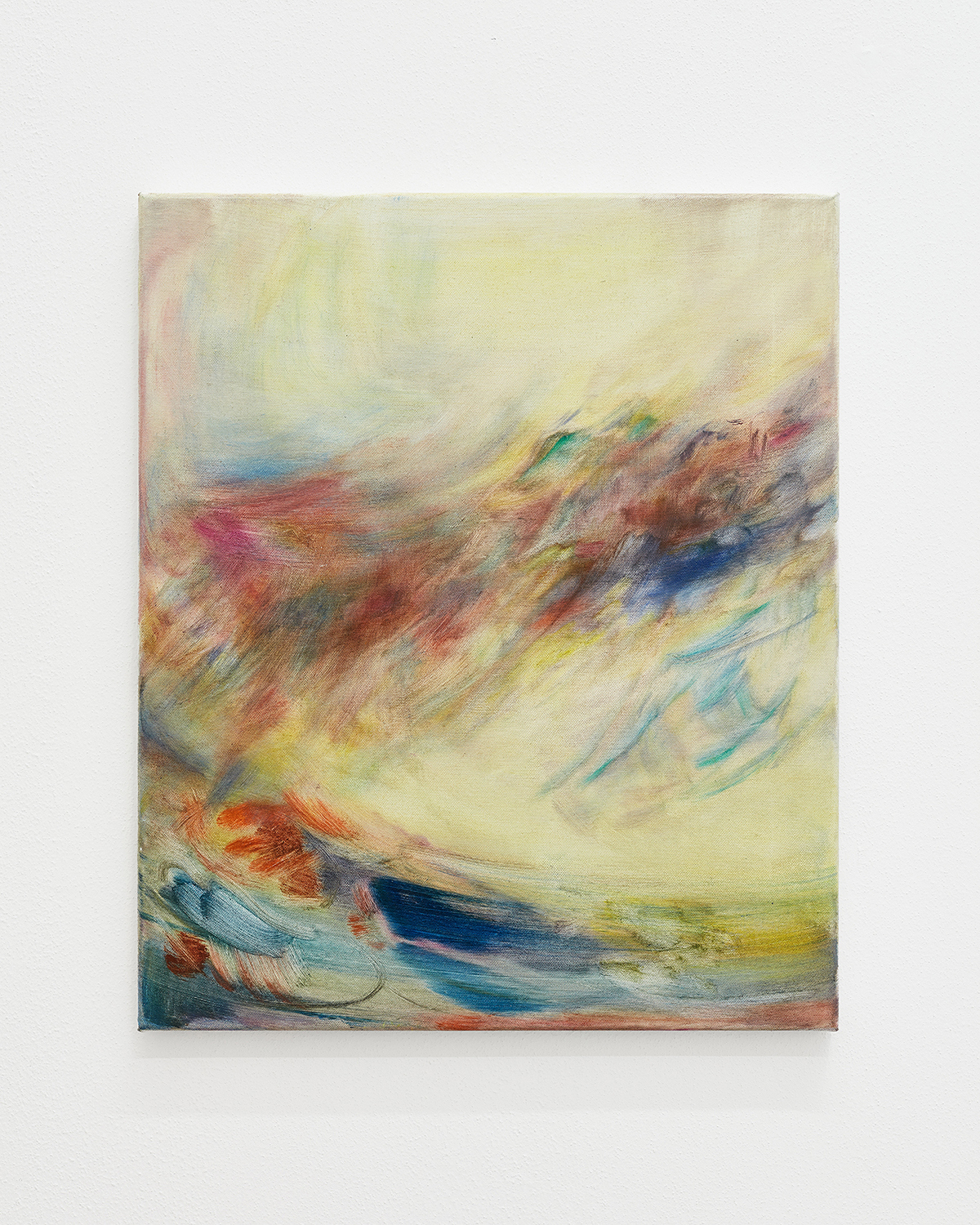
Naeun Kang, "In Moonlight", 2024 (Oil on primed cotton, 55 x 46 cm).
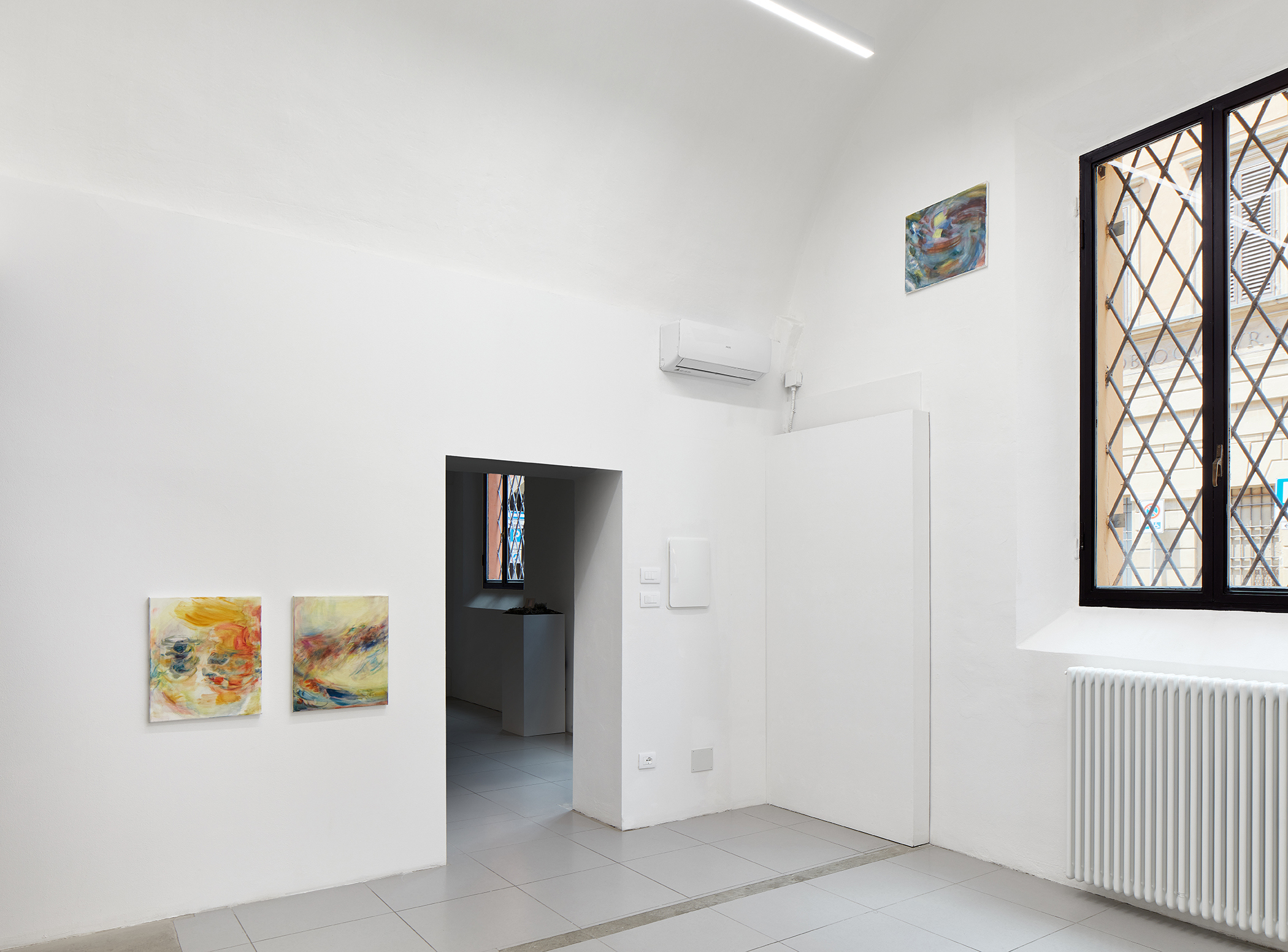
Naeun Kang, "With Our Faces This Close" installation view.
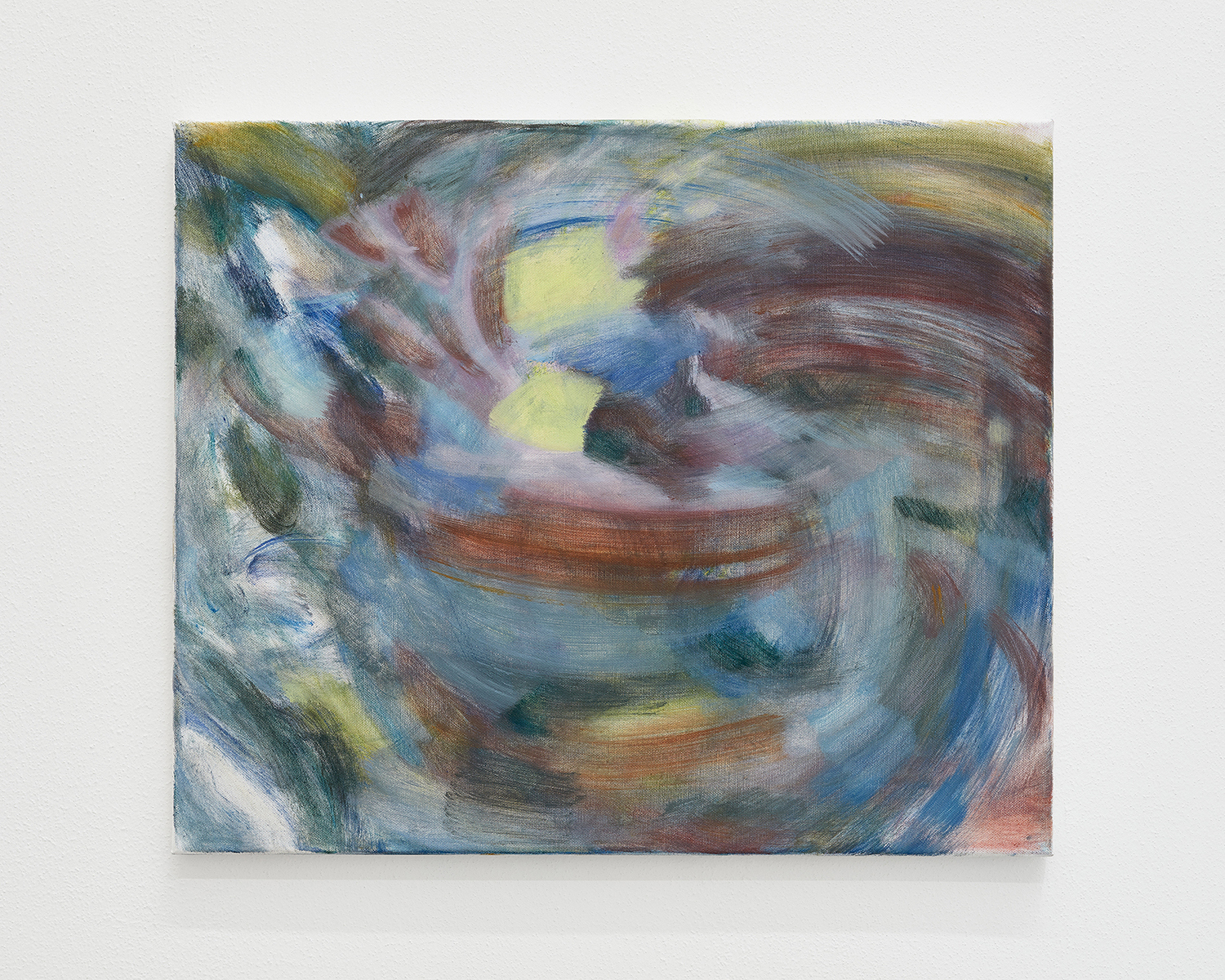
Naeun Kang, "Summer Evening Walk", 2024 (Oil on primed cotton, 46 x 55 cm).
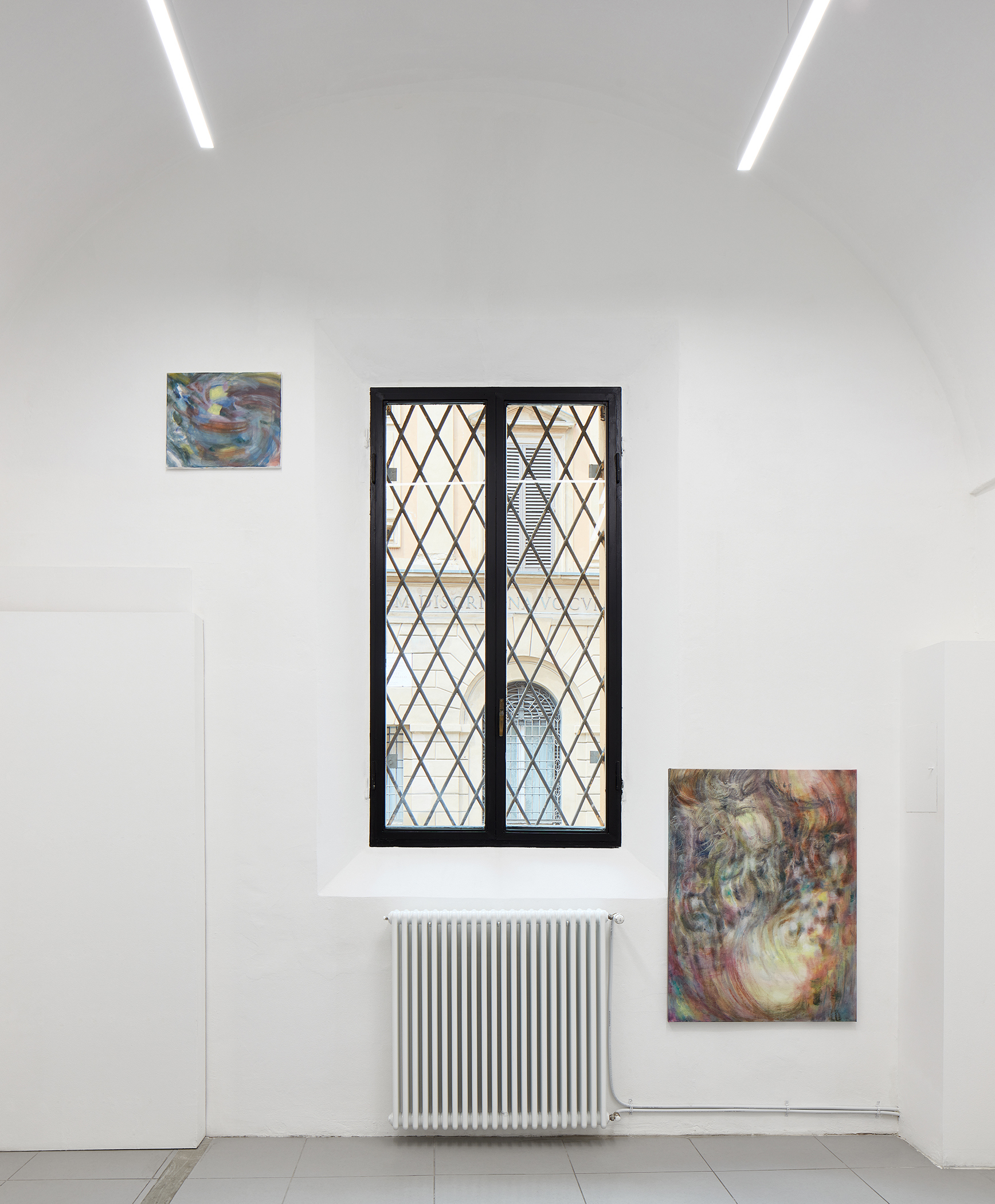
Naeun Kang, "With Our Faces This Close" installation view.
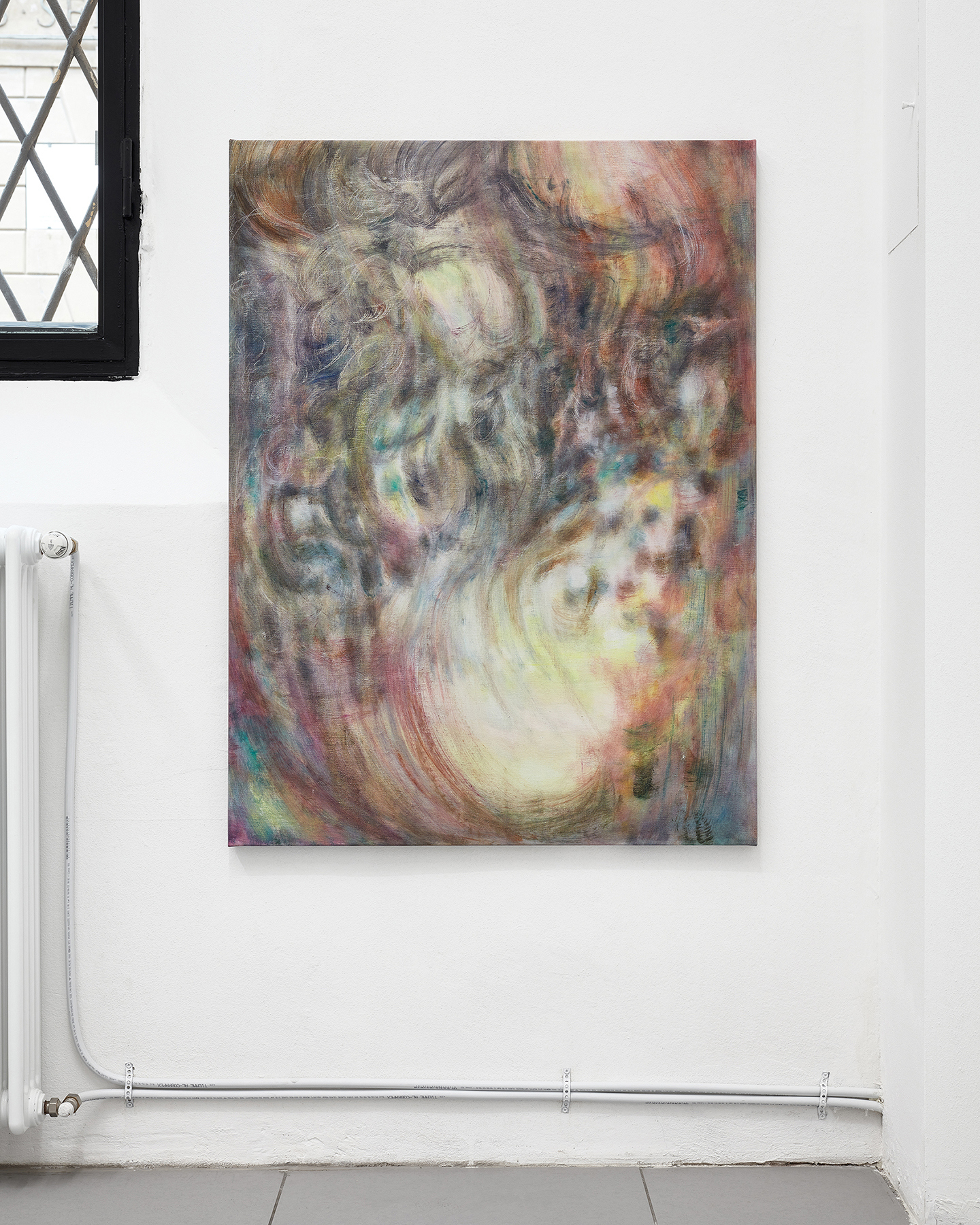
Naeun Kang, "With Your Face This Close (3)", 2024 (Oil on primed linen, 120 x 90 cm).
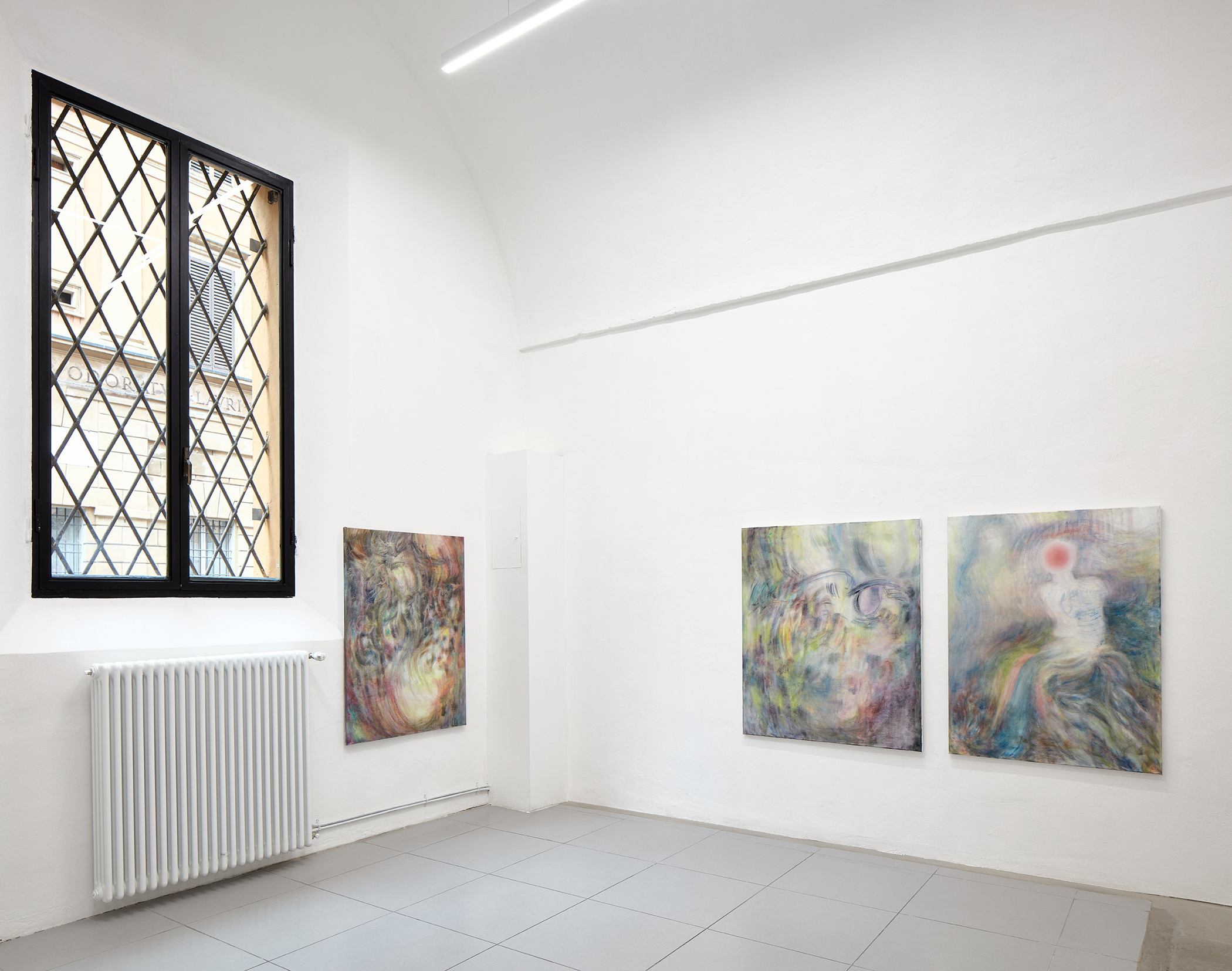
Naeun Kang, "With Our Faces This Close" installation view.
"Given the existence of photography and cinematography, the life pictorial representation no longer interest nor can interest anybody".
Giacomo Balla(1)
Have you ever been so close to a person that their face, eyes and whole facial features blurs and become abstract? Their eyes double, or weirdly become just one, the skin is so close that it becomes porously a synaesthetic experience, and colours, feelings and intimacy blurs into each other and become something new? This is what Naeun Kang has been doing, recalling, and reproducing on the series of paintings at the core of "With Our Faces This Close". For as much as a metaphorical sense of estrangement might arise thinking of such a peculiar subject, this is not at all a misleading approach to the art of the Oslo based South Korean artist. Kang would describe her paintings (and sometimes sculptures) as an exploration of what was “never painted before”(2) and if that would be the case, what she demands painting is not easy. It is not a stylistic or material innovation, but instead to bend itself to representing images she has never seen, or that might only become visible through painting. Even if it would feel like an odd perspective, especially when the artist is intrigued by fascinatingly particular images and ideas, we are talking of painting at its truest ontological essence. Representing what could not be represented otherwise, what has never been caught on a picture, it means not only to reinvent painting (or to give to it a philological "raison d’être"), but to create incredible pictures and to give new life to a practice which so many a time was declared dead. The potential is then unlimited, and what we face in the colourful and semi-abstract works that Naeun Kang is presenting with this exhibition is an overlaying of physical and psychological, sentimental and intellectual. The process itself, the observation, rumination and then attempt to sublimate these memories of proximity onto the canvas produce a multilayered experience where the optical effects and disappearing features are interleaved with the emotional baggage that is imbued in such an image. Because looking from such a distance at another face is not something possible if not with someone close, and in the representation of an optical oddity we might find then a closeness and a feeling which is far from odd. It is a familiar and dear sensation most people felt at least once. It is intimacy reified. It is "painting" showing us something we’ve never seen with our naked eyes. And that should be visual art at its highest point.
_
(1) “Data l’esistenza della fotografia e della cinematografia, la riproduzione pittorica del vero non interessa né può interessare più nessuno.” Giacomo Balla, "Manifesto del Colore" (1918) in Umbro Apollonio, "Futurismo", Mazzotta, Milano, 1970, p. 276.
(2) As recalled from a conversation with the artist.
Mattia Lullini

